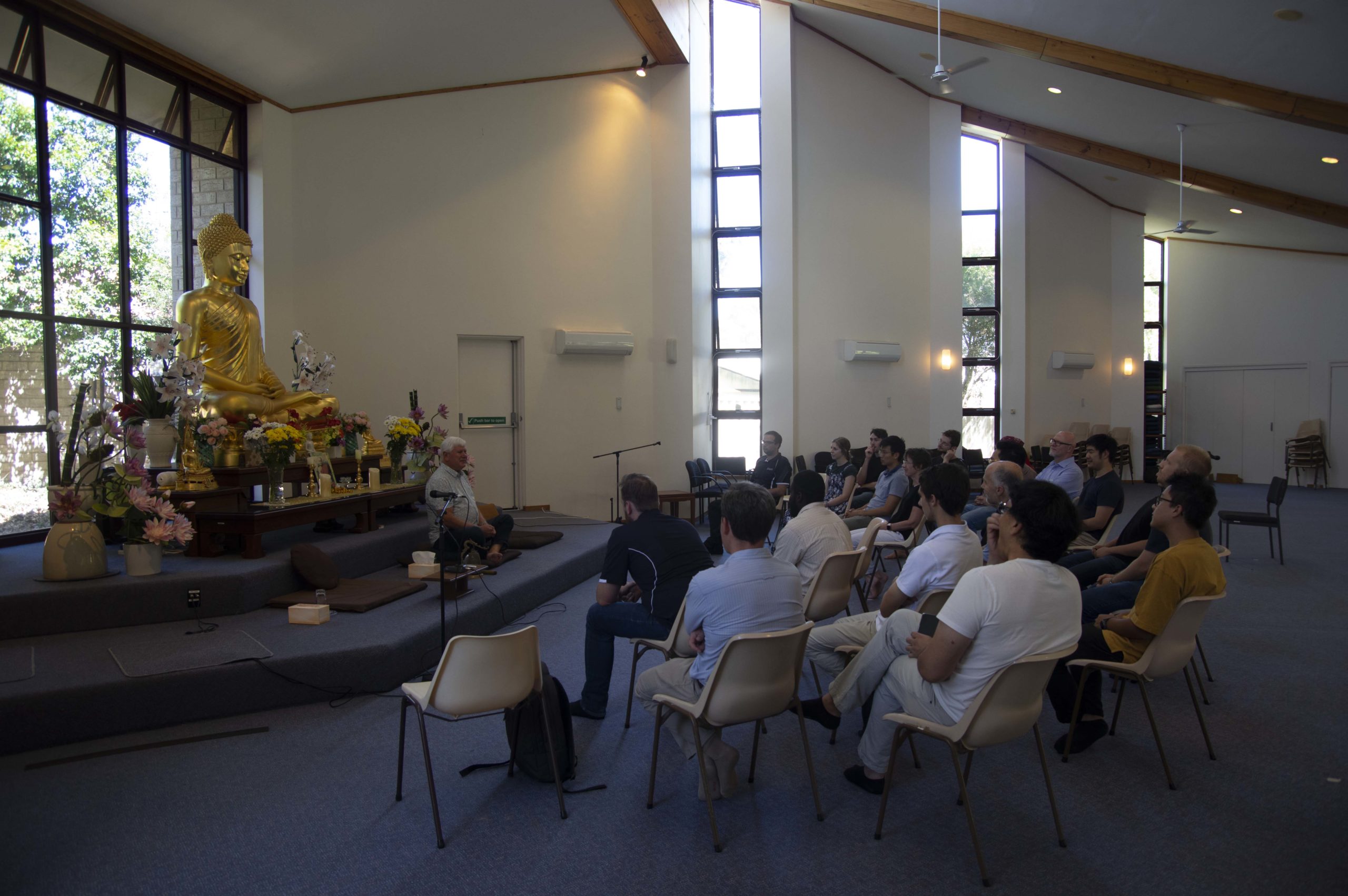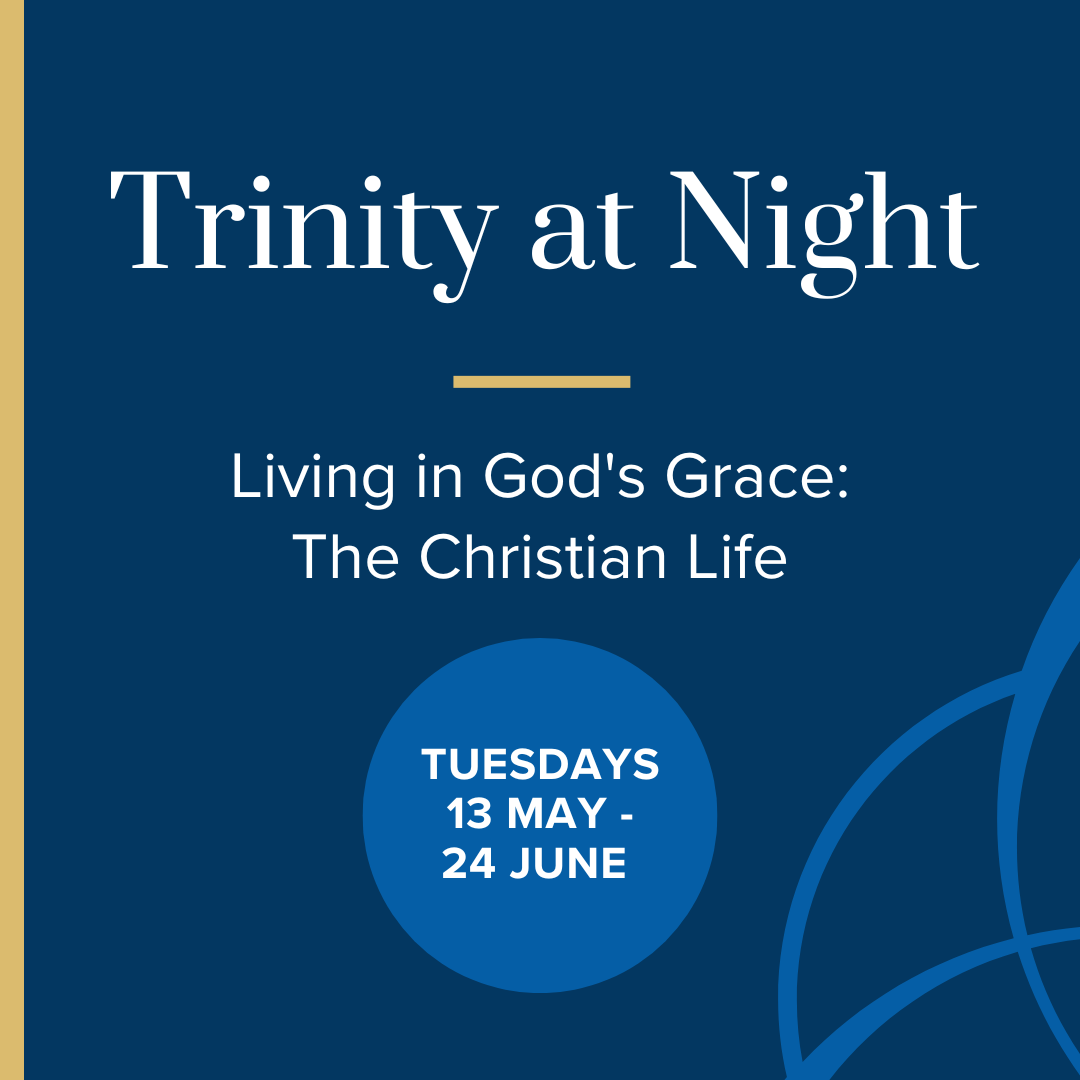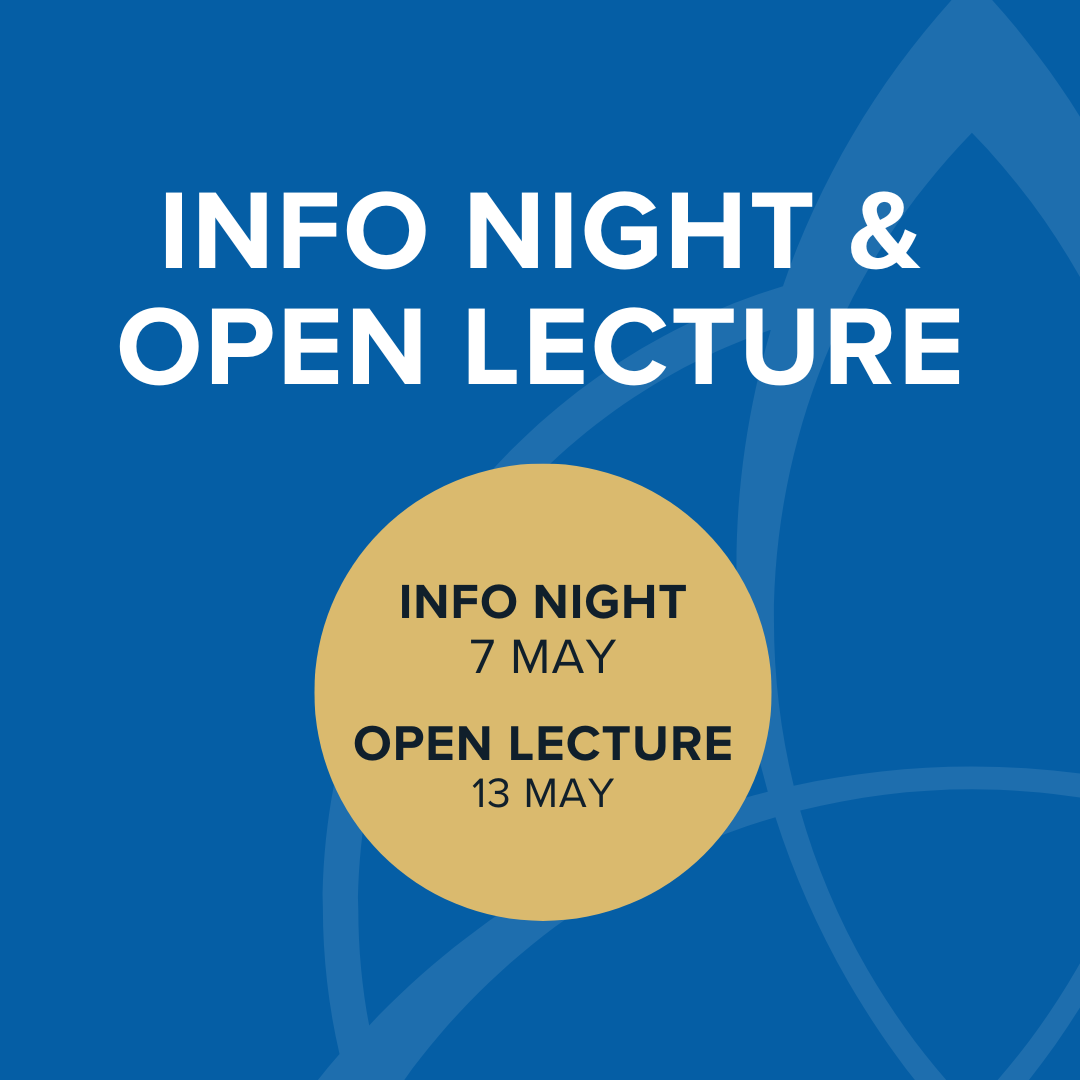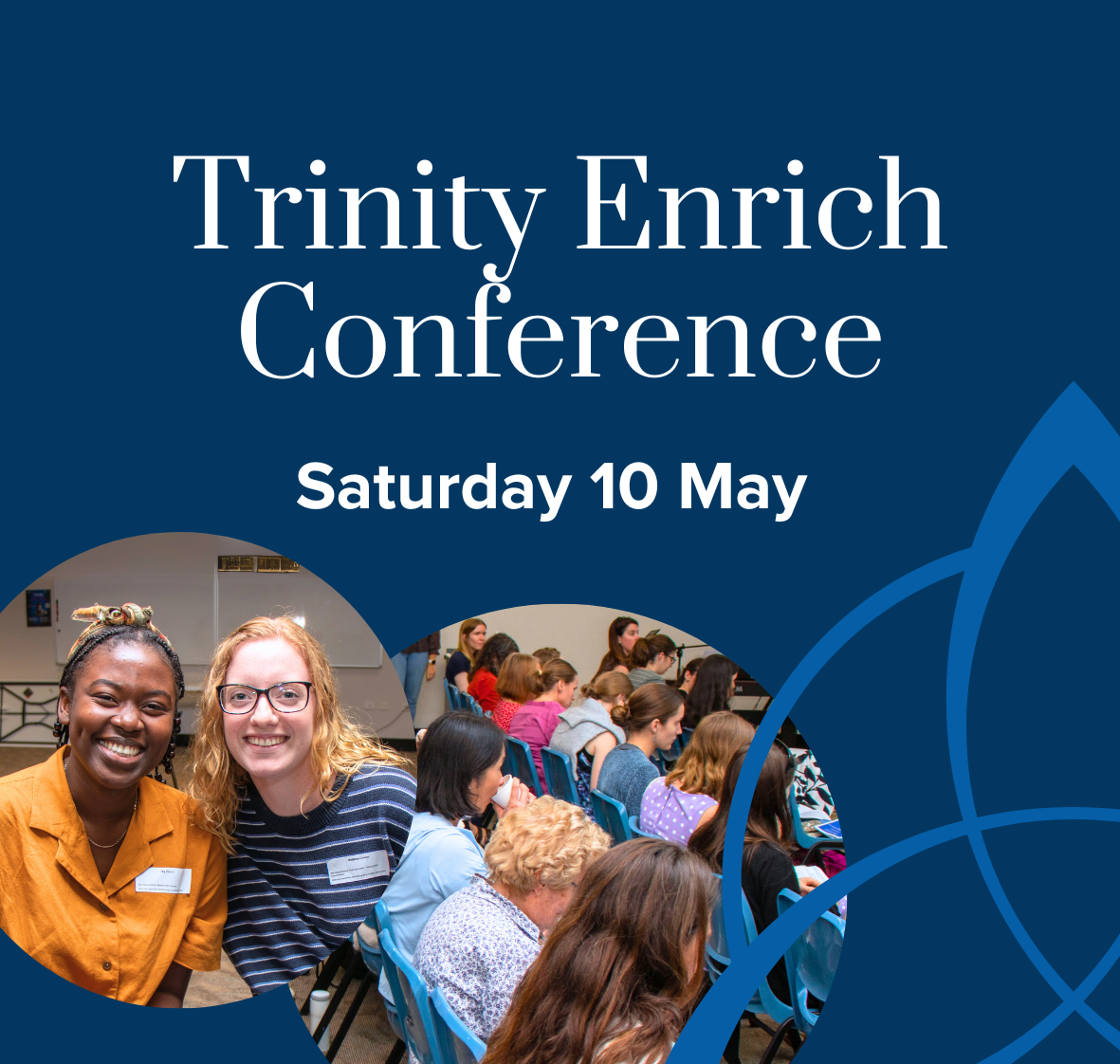with Tyler Schwartzentruber How do we live with God in a way that is right,…

Mission Immersion Day – Student Snapshots
“Visiting the Sikh Temple gave me the impression that community is at the core of being a Sikh. There was an emphasis on avoiding conflict regarding doctrine; during the Q&A time and when engaging in conversation over morning tea, our hosts were reluctant to hold something out to be objectively true. I wondered whether this was because Sikhs value community over truth. This impression was strengthened with the emphasis on food in their meetings and their warm attitude towards us. There was [also] clearly no desire to be evangelistic in any way.
The main thing that has changed in my thinking is the approach to evangelism with Sikhs. Given the emphasis on community and the perceived desire to avoid evangelism, I can no longer assume that a Sikh’s desire is to seek the truth and have doctrine-based discussion. Instead, building friendships and invitations into Christian community may be more effective.
My original perception of Muslims was that they must be deeply devoted to their faith; in order to maintain the discipline of being a Muslim in the West, they must be truly invested in the doctrines and precepts of Islam. This impression was challenged during a conversation when a man mentioned he had recently come back to Islam because he felt it would be good for him. He didn’t seem particularly invested in the truth of it but saw it as a key part of a more peaceful and successful life. Another conversation we had with a young Muslim was mostly quite relaxed and insightful. However, when we posed questions of doctrine he started to give rehearsed answers in a defensive manner. I found this off-putting as he was engaging with us on an academic level rather than personal. Fortunately, someone in our group noticed and was quick to make clear we weren’t trying to convert him but simply grow in our understanding in Islam. This highlighted for me how people, Muslim and Christian alike, can often give prepared responses and how off-putting this can be.
An obvious bridge is the Islamic belief that there is a Creator. Muslims seem to find it hard to imagine that anyone would doubt there is a Creator God. This makes getting into theological discussions a lot easier.”
Jan Bochat
“I found the Sikhs at the temple to be a very devoted group, with things like the men not cutting their hair. Also, it was good to find out that it is incredibly offensive to touch a turban. Sikhs enjoy friendships and discussions on life, with a willingness to help whatever needs the local community has, as evidenced in their feeding of those who come to the temple in need.
It was useful to find out in the prereadings that Sikhs will, however, feel betrayed in friendships if the gospel of Jesus is given to them too soon in the friendship. So it seems that the gospel approach would be to befriend Sikhs over a long period of time, and gently bring in the gospel through living out the gospel, and listening for opportunities where they might want to know more about Jesus to avoid losses of outreach opportunity. This is not to say that we can’t tell them about Jesus. We can indeed! But it requires a more considered tactical approach involving deeper relationships to enable gospel opportunities to happen.
I found the Imam and the leaders of the Mosque to be very friendly and accommodating in our visit. They were happy to show us what they do in preparation before they worship. They were reverent in the sense that they felt they had to be clean before prayer, with ritual washing of their bodies.
I was somewhat surprised by the Muslims openness to engage with Christians. Of course their intention is to convert, but I see this as an opportunity to speak and show God’s true Word.”
Tom Measures
“Our visit to the Buddhist temple showed meditation as the main marker of this faith system. Meditation involves emptying one’s mind and being able to let go of past events in order to arrive at the “true present”. However reality or truth are not real concepts, according to our guide. It is classified as evil and must be gotten rid of when meditating. Truth is to simply be known, not revealed to us by another.
Whilst the pre-reading for this visit made Buddhism seem consistent and structured, the temple visit muddied the proverbial waters of my understanding. The reading made Buddhism appear a satisfying and simple faith which led to inner peace, yet the temple visit made me view Buddhism as a confusing, empty and purposeless faith.
Whilst Buddhists claim to know truth, Jesus claims to be the truth, so knowing him is the true way to fullness of life. This is possibly the most helpful bridge to sharing the gospel with a Buddhist. We could also show that faith in Christ is freedom from having to save oneself through performing enough good karma. We can show how Jesus provides rest for the weary as well as giving them a larger overarching purpose, as presented in Revelation 21-22, to which all people are heading.
The task of evangelising to people of other faiths seems incredibly complex and challenging. However, the reality of the gospel promises, and the work of the Holy Spirit should motivate Christians to fulfil the great Commission.”
Debbie Mayne



